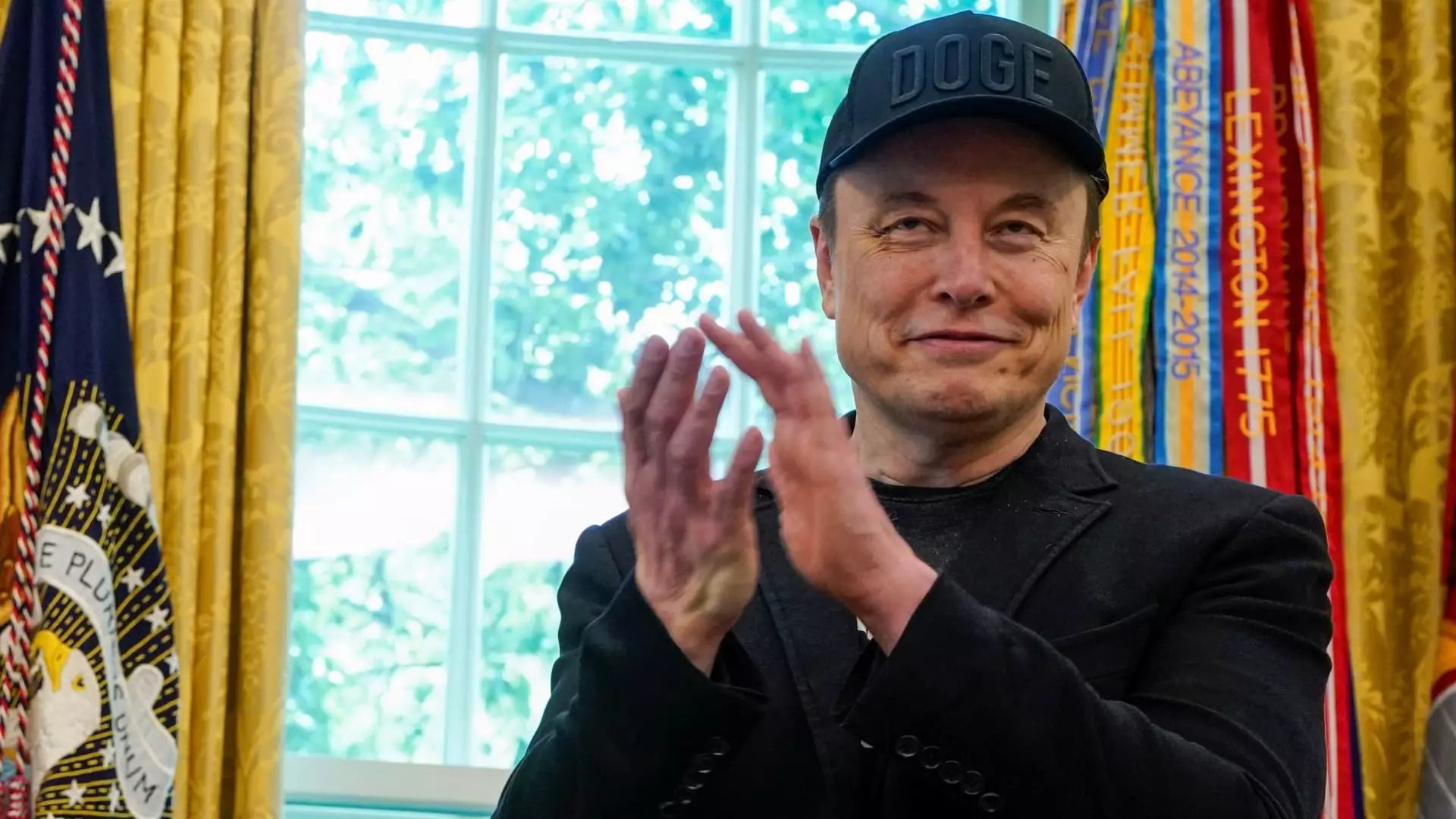Elon Musk’s announcement of the “America Party” is less an optimistic new beginning and more a desperate attempt to shake the foundations of a political establishment that has long lost its credibility. Musk’s move underscores a fundamental cynicism about how traditional parties operate—more concerned with maintaining power than genuinely representing the people’s interests. His claim that a small, strategic focus on a handful of Senate seats and House districts can reshape governance reveals a troubling arrogance: that a single outsider with vast resources can override the complex, often compromised, democratic process. It’s a reminder that contemporary politics has devolved into a game of strategic manipulation, where even billionaires seek to carve out their own realms of influence, rather than overhaul the broken system itself.
The Illusion of a Third Party—A Surface-Level Solution
While Musk brands the “America Party” as a vehicle for restoring freedom, this pledge rings hollow when scrutinized closely. Creating a new party in America is notoriously difficult—most fail without significant grassroots support or genuine ideological coherence. Musk’s focus on a handful of legislative hotspots seems more like a power play geared toward wielding leverage than a sincere effort to address systemic inequalities. The idea that such a narrowly focused intervention can serve as the “deciding vote” trivializes the complexity of legislative governance and undermines the broader notion of representative democracy. Moreover, Musk’s reluctance to clarify where the party is registered exposes its symbolic nature: it’s a political stunt, not a genuine, operational movement grounded in grassroots trust.
The Influence of Wealth and Personal Power
Musk’s history as a significant donor to Republican candidates and his recent public spat with Trump reveal the murky waters of political influence driven by wealth. His support for Trump’s candidacy and subsequent pivot away from him seem less about ideological alignment and more about personal ambition and strategic positioning. The idea of Musk backing or even financing a new political entity could amplify the dangerous trend of billionaire influence in U.S. politics, further eroding the principles of fairness and accountability. While Musk claims his party aims to give Americans “back their freedom,” it’s more tangible to see this as a bid for personal leverage—an attempt to shape policy outcomes according to his own vision rather than duly elected representatives.
A Center-Left Balance—A Necessary Reform, or a Pipe Dream?
At a time when the political landscape is polarized, Musk’s proposal signals a desire for a middle ground that is often desperately needed but rarely achieved. A centrist liberal approach—focused on pragmatic solutions, social inclusion, and balanced regulation—could serve as a vital antidote to the extremes that dominate today’s discourse. However, Musk’s tactics—focused more on strategic stunt than substantive policy—risk diluting the integrity of such a vision. If his “America Party” is merely a vehicle for power grabs driven by wealthy interests, then it sabotages any genuine effort toward reform. Instead of bridging divides, this move might deepen them, further fueling disillusionment among citizens who crave authentic representation rooted in democratic principles rather than personal or corporate dominance.

